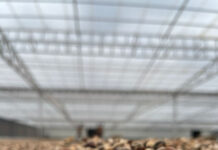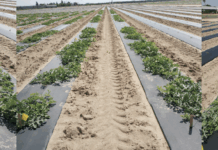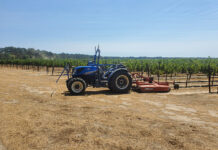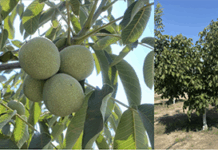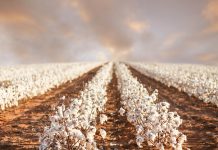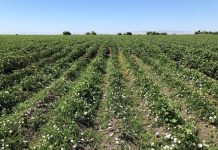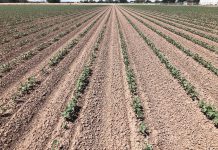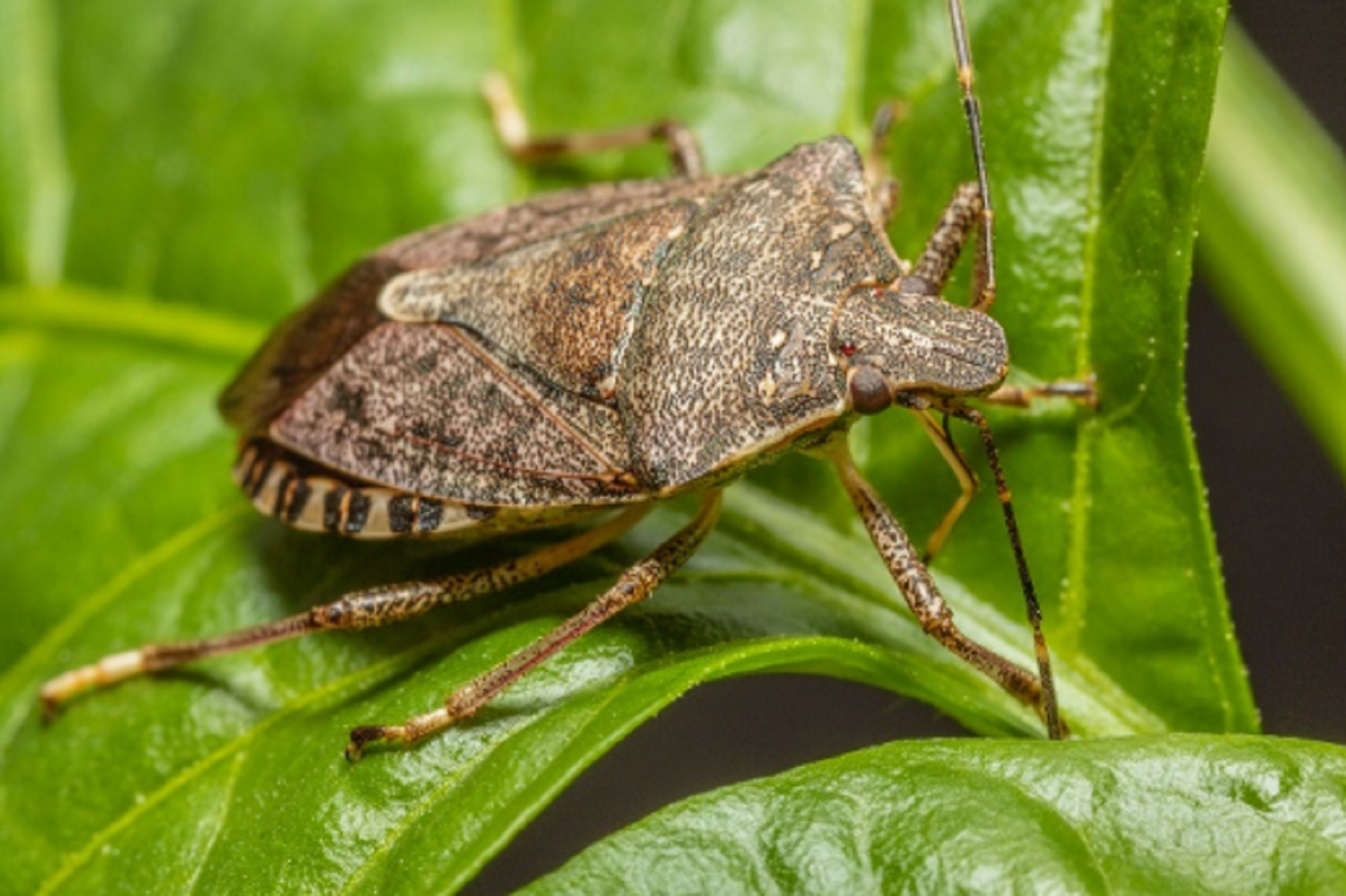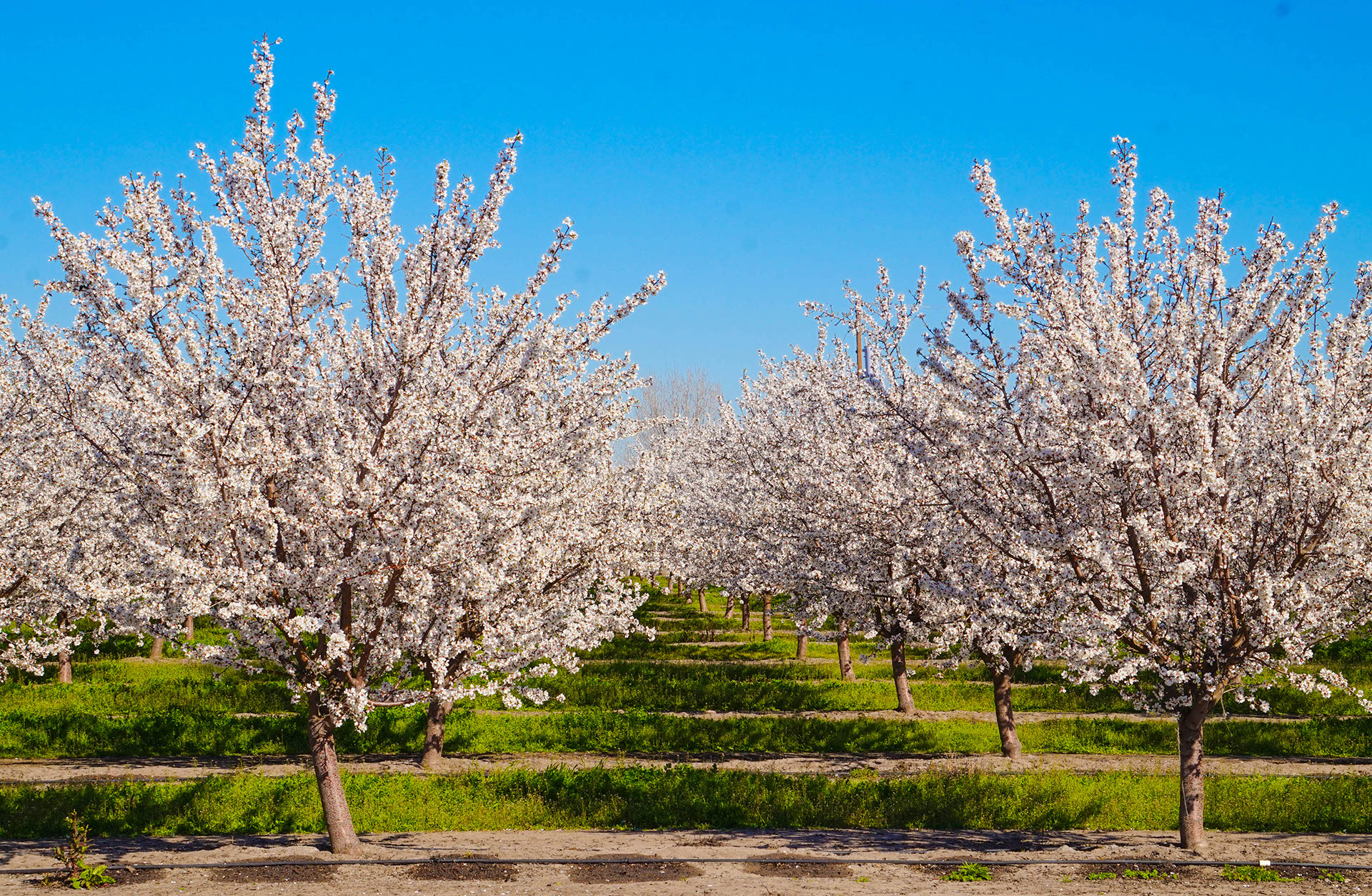Acala and Upland acreage continues to be far less than Pima plantings in this and recent years. There are tradeoffs in shifting to Pima (typically reductions in yields) and in shifts to non-Acala Uplands (typically lower price for lint), and growers need reliable, unbiased information regarding expected lint yields and fiber quality in order to make reasonable, lower-risk decisions. All of the entries in both types of trials were harvested in late October or in November by spindle picker (center two rows harvested out of four row wide plots). Subsamples from all field replications of the trials at both sites will be collected, and will be ginned starting in early December on a mini-gin, since the Shafter Research gin is no longer in operation due to budget restrictions. Subsamples from all plots will also be submitted for hvi analyses run through the USDA Classing office in Visalia, Calif.
2019 Trial Activities:
Entries included in the field trials included the following planted at West Side REC locations (CA Upland Advanced Strains trials) and at Shafter and West Side locations (UC Acala/Upland variety trials). Results of trials will be available at UC cotton web site mentioned for prior year results.
Entries planted in 2019 UC / Cotton Inc. / CCGGA Research Funded Acala / Upland Variety Trials – West Side REC location only for 2019: FM 1830GLT, ST 4550GLTP, FM 2398GLTP, ST 5600B2XF, ST 5707B2XF, FM 2498GLT, ST 5471GLTP, FM 2574 GLT, PHY 764WRF, DP 1646B2XF, DP 1820 B3XF, and DP 1845B3XF.
Entries Planted in 2019 CA Upland Advanced Strains Variety Evaluations – West Side location: Phy-764 WRF (check), DGX 19001 B3XF , DGX 19014 B3XF, DGX H929 B3XF, BX 2002 GL, BX 2005 GLT, BX 2037 GLT, BX 2016 GLTP, BX 2022 GLTP, BX 2076 GLTP, BX 2398 GLTP, FM 2498 GLT, ST 5600 B2XF, ST 5707 B2XF, FM 1621 GL, 18 R411 B3XF, 18 R421 B3XF, 18 R423 B3XF, 18 R438 B3XF, 18 R445 B3XF, 18 R448, and B3XF.
Entries Planted in 2019 Western and National Entries–NATIONAL STANDARDS TRIALS – West Side REC location: DP 1646 B2XF, NG 4545 B2XF, PHY 764 WRF, PHY 499 WRF, DAYTONA RF, DP 1549 B2XF , FM 1830 GLT , FM 2574, and DP 1522 B2XF.
Entries Planted in 2019 RBTN (Regional Breeder Testing Network) Program–West Side REC location LA16063019, LA16063033, LA16063054, 13AFX6-27-2, 13AFX13-12-5, Ark 1115-36, Ark 1102-55, Ark 1114-21, Ark 1117-60, Ark 1124-50, Ark 1112-59, TAM 13S-03, TAM 12J-39, TAMLBB15905, TAMLBB16507, GA2016024, GA 2016099, GA 2016103, MS 2010-87-37, CSX 8308, DP 393 check, DP 493 check, FM 958 Check, UA 222 check.
All of the entries in these trials were included in our field Fusarium race 4 screening trials for 2019 at one location. Results from those trials were summarized and reported in our final screening information, with results on the University of CA cotton web site at http://cottoninfo.ucdavis.edu. The type of information provided in these field trials on variety performance in the CA Uplands Advanced Strains Trial and Acala/Upland West Side REC and Shafter (for primary Upland/Acala trial) for 2019 focused mostly on yield performance, gin turnout, and fiber quality components. This information will be available following the conclusion of the growing season, and data presentation will be via the UC cotton website, or paper copies can be provided on request. In addition to the yield data we also make available the summary fiber quality / hvi testing data from the samples submitted to the Visalia USDA classing office.
2018 Project Summary
The overall project supports in part conducting three types of variety trials:
a. Testing of commercial non-Acala Upland varieties (and remaining Acala types if available), with a target of two sites (one on-farm site or Shafter Research Station site in Kern County if possible, plus the University of CA West Side REC for these trials); and
b. Small scale testing at the UC West Side REC of a range of Upland varieties that are either only available in small seed quantities or that are experimental or of limited current commercial interest for grower field trials (CA Upland Advanced Strains Trials)
c. Small scale testing at the UC West Side REC of entries in the National Standards and Western Regional trials in a small plot, four replication trial at this one site.
For 2018, the set of trials planted were:
d. Acala and non-Acala Upland varieties to bed grown in two sites including a plot trial at the University of CA West Side REC in Fresno County and the former UC/USDA field station site in Shafter, CA in Kern County; plus
e. A small plot trial with limited seed availability CA Upland cultivars (or entries of limited or unknown commercial interest for the San Joaquin Valley), with the plots established at the West Side Research and Extension Center.
f. Entries in the UPLAND COTTON Western Regional and National Standards trial coordinated by USDA-ARS, with entries supplied for western region by Alison Thompson, USDA-ARS, Maricopa, AZ on request of the national standards committee
This project, with partial support from Cotton Incorporated plus added support from the CA Cotton Ginners and Growers Association Research Fund and from participating seed companies for the Advanced Strains trial, is now the only public variety testing program for Upland/Acala varieties of potential interest for San Joaquin Valley cotton production.
The small plot trials have 4 replications, with plots 4 rows in width by 60 to 70 feet in length (depending upon seed availability and locations used for the trials). The test sites at the West Side Research and Extension Center in Fresno County were planted the third week of April this year, and the Shafter site was planted in the third week of April this year. The goals of the project are to provide trial sites for testing a large number of entries of potential interest to seed companies and growers, with entries chosen to assess relative performance in SJ Valley settings and areas where Uplands/Acalas have been of at least some continuing commercial interest.
Data Collection and Availability From Field Trials:
Summaries of prior year trial results are available at http://cottoninfo.ucdavis.edu). In addition, results are presented at the Cotton Workgroup meetings and at winter and spring grower/PCA meetings of the University of California. Results of the trials will be reported in winter meetings of the UCCE Specialist and Farm Advisors, and will be available in a printable form (pdf or Word) as full tables on the University of California cotton web site: http://cottoninfo.ucdavis.edu
Field Work for 2018
Acala and Upland acreage continues to be far less than Pima plantings in this and recent years. There are tradeoffs in shifting to Pima (typically reductions in yields) and in shifts to non-Acala Uplands (typically lower price for lint), and growers need reliable, unbiased information regarding expected lint yields and fiber quality in order to make reasonable, lower-risk decisions.
All of the entries in both types of trials were harvested in late October by spindle picker (center two rows harvested out of four row wide plots). Subsamples from all field replications of the trials at both sites were collected, and will be ginned starting in November on a mini-gin, since the Shafter Research gin is no longer in operation due to budget restrictions. Subsamples from all plots will also be submitted for hvi analyses run through the USDA Classing office in Visalia, CA.
*If the services are available, we may try to run two replication subsamples per variety through the Shafter Research Gin, if it is in operation this year, in order to provide more reasonable gin turnout estimates.
2018 Trial Activities:
Entries included in the field trials include the following planted at West Side REC locations (CA Upland Advanced Strains trials) and at Shafter and West Side locations (UC Acala/Upland variety trials). Results of trials will be available at the UC cotton web site mentioned for prior year results.
- All of the field plots at the West Side REC yielded and looked relatively good, despite heavy early- to mid-season lygus pressure and the hottest July on record in the Fresno County and San Joaquin Valley area (with over 30 consecutive days with high temperatures in excess of 100 degrees F). Some of the bottom crop was lost due to lygus pressure, with some losses also attributable to high nighttime temperatures
- As with the past two years, we no longer have access to the Shafter Research Gin at the old Shafter Research Center, so the only gin turnout and lint percent data available are those derived using mini-gins, with no other cleaners other than hand removal of trash materials during the ginning process.
All of the entries in these trials were also included in our field Fusarium race 4 screening trials for 2018 at one location. Results from those trials were summarized and reported in our final screening information, with results on the University of CA cotton web site at http://cottoninfo.ucdavis.edu
The type of information provided in these field trials on variety performance in the CA Uplands Advanced Strains Trial and Acala/Upland West Side REC and on-farm trials focuses mostly on yield performance, gin turnout, and fiber quality components. This information is available via the UC cotton website mentioned earlier, or paper copies can be provided on request. In addition to the yield data we also make available the summary fiber quality / hvi testing data from the samples submitted to the Visalia USDA classing office. Thank you for the past and current support of these trials. If you have questions, please direct them to Bob Hutmacher at (559) 260-8957 or rbhutmacher@ucdavis.edu.



